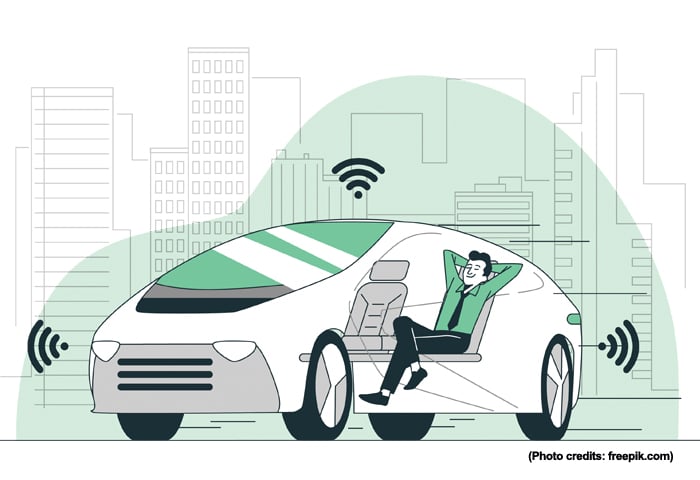Consumer Behavior Theory Simplified
Mia Wilson
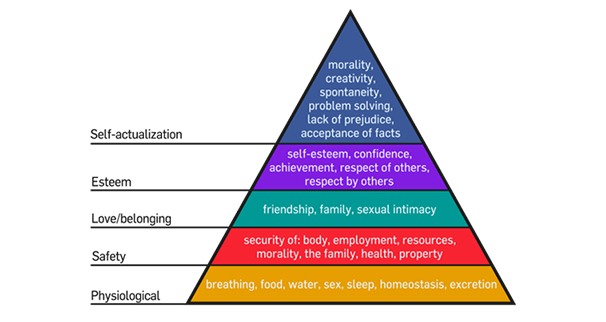
Photo: Consumer Behavior Theory Simplified
Consumer Behavior Theory Simplified: Understanding How and Why People Make Purchase Decisions
Consumer behavior theory helps businesses, marketers, and economists understand why people buy what they buy. By exploring the psychological, social, and economic factors influencing consumer choices, companies can better design products, services, and marketing strategies to meet customer needs. In this article, we’ll break down complex consumer behavior theories into simple concepts, making it easier for anyone interested in marketing, psychology, or business to grasp the fundamental ideas.
What Is Consumer Behavior?
Consumer behavior refers to the study of how individuals, groups, or organizations make decisions about purchasing goods and services. It encompasses the entire process of selecting, buying, using, and disposing of products. Understanding consumer behavior helps businesses predict future buying patterns, tailor their marketing efforts, and improve customer satisfaction.
Key factors influencing consumer behavior include:
- Psychological Factors: Personal motivations, perceptions, beliefs, and attitudes.
- Social Factors: Family, friends, social roles, and cultural influences.
- Economic Factors: Income levels, purchasing power, and economic conditions.
The Importance of Consumer Behavior Theory
Businesses invest heavily in understanding consumer behavior because it directly impacts their bottom line. Here’s why consumer behavior theory matters:
- Improves Marketing Strategy: Companies can create targeted campaigns based on consumer preferences and behaviors.
- Enhances Product Development: By understanding consumer needs and wants, businesses can design products that resonate with their audience.
- Increases Customer Retention: Knowing what drives consumer loyalty helps brands maintain long-term relationships with customers.
- Predicts Market Trends: Insights into consumer behavior allow businesses to anticipate and respond to changing market demands.
Key Theories of Consumer Behavior
Several theories have been developed to explain consumer behavior. While some are rooted in psychology, others draw from economics and sociology. Below are the main consumer behavior theories:
1. Maslow’s Hierarchy of Needs
Maslow’s theory is one of the most well-known frameworks in consumer psychology. It posits that people have five levels of needs, and they are motivated to satisfy these needs in a specific order:
- Physiological Needs: Basic necessities such as food, water, and shelter.
- Safety Needs: Security, health, and financial stability.
- Social Needs: Relationships, love, and belonging.
- Esteem Needs: Status, recognition, and self-respect.
- Self-Actualization: Achieving personal potential and growth.
Consumers tend to prioritize lower-level needs before moving on to higher-level desires. For example, a person is unlikely to spend money on luxury items if they struggle to meet basic living expenses.
2. The Theory of Planned Behavior (TPB)
The Theory of Planned Behavior, developed by Icek Ajzen, suggests that consumer behavior is influenced by three key factors:
- Attitude Toward the Behavior: How positively or negatively a person views the action.
- Subjective Norms: Social pressure or influence from others.
- Perceived Behavioral Control: The individual’s belief in their ability to perform the behavior.
This theory helps marketers understand how external influences and internal attitudes shape consumer decisions.
3. The Stimulus-Response Model
This model is based on the idea that consumers react to external stimuli (marketing efforts) in predictable ways. The process can be summarized as:
- Stimulus: An external trigger, such as an advertisement.
- Organism: The consumer’s internal response, including emotions and thoughts.
- Response: The resulting behavior, such as making a purchase.
Marketers use this model to craft campaigns that evoke specific emotional responses, encouraging consumers to take action.
Factors Influencing Consumer Behavior
Understanding the factors that drive consumer decisions is critical for applying consumer behavior theory effectively. These factors can be categorized as follows:
Psychological Factors
- Perception: How consumers interpret marketing messages and product information.
- Motivation: The underlying desires that drive consumers to act.
- Learning: Previous experiences and acquired knowledge influence future behavior.
- Beliefs and Attitudes: Preconceived notions about a brand or product.
Social Factors
- Family: Family members play a significant role in influencing buying decisions, especially for products related to household use.
- Reference Groups: Friends, colleagues, and social circles can impact what a person buys.
- Culture: Cultural values and norms shape consumer preferences and behaviors.
Economic Factors
- Income Level: Higher income levels typically lead to increased spending on luxury goods.
- Economic Environment: During economic downturns, consumers tend to prioritize essential goods over discretionary items.
How Businesses Apply Consumer Behavior Theory
Companies use consumer behavior insights in various ways to optimize their operations:
Personalized Marketing
By analyzing consumer data, businesses can create personalized offers and recommendations, which improve conversion rates. For example, e-commerce platforms use browsing history and past purchases to suggest relevant products.
Product Innovation
Understanding unmet consumer needs inspires innovation. Many tech companies, for instance, launch new gadgets based on observed user frustrations with existing products.
Customer Experience Enhancement
Consumer behavior studies reveal pain points in the buying journey. Addressing these issues whether through faster checkout processes or better customer service can significantly boost customer satisfaction.
Conclusion
Consumer behavior theory provides valuable insights into what drives people to buy certain products and services. By simplifying complex theories like Maslow’s hierarchy of needs, the Theory of Planned Behavior, and the Stimulus-Response Model, we can better understand the decision-making process of consumers.
For businesses, applying these theories means not only meeting customer needs but also staying ahead of competitors by predicting market trends. Whether you’re a marketer, entrepreneur, or business strategist, understanding consumer behavior is key to creating more effective marketing campaigns, designing better products, and ultimately growing your brand.
In a world where consumer preferences evolve rapidly, those who stay informed and adaptable will always have the competitive edge.
For You
View AllDiscover how ridesharing is evolving with technology, sustainability, and convenience. See what the future holds for mobility!
Mia Wilson
See how AI is changing the way we learn and teach in classrooms worldwide.
Mia Wilson
Explore bilingual education, its benefits, and how it fosters cultural understanding and cognitive growth. Learn more!
Mia Wilson
Learn how AI technology drives self-driving cars and transforms the future of mobility. Discover key advancements in AI today!
Mia Wilson
Dive into breathtaking adventure destinations for nature lovers. Discover serene trails, lush forests, and untouched landscapes waiting for you.
Mia Wilson
Understand what a VPS is and how it functions for your online needs.
Mia Wilson
Health





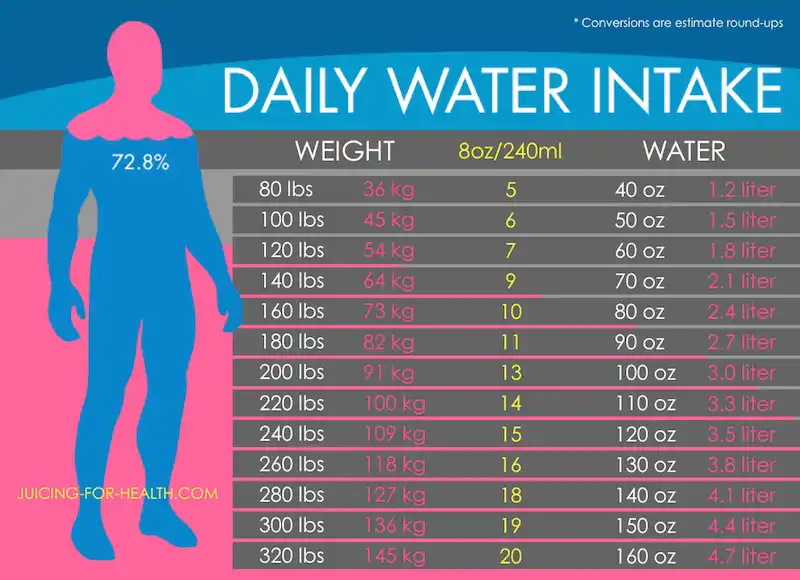
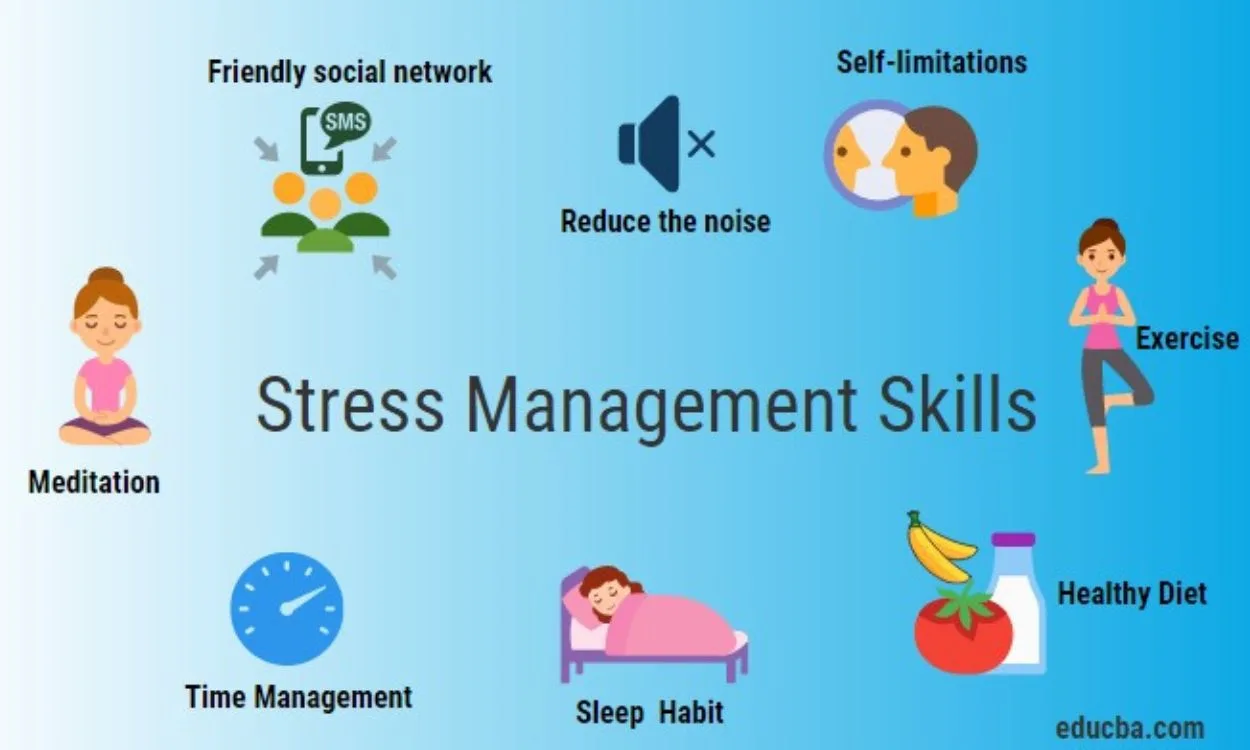



Education
View All
April 26, 2025
How to List Education on Your Resume
Discover the best ways to showcase your education on a resume for maximum impact. Land your dream job now!

May 26, 2025
What Is Primary Education?
Learn about primary education, its structure, and how it builds the foundation for lifelong learning. Start exploring today!
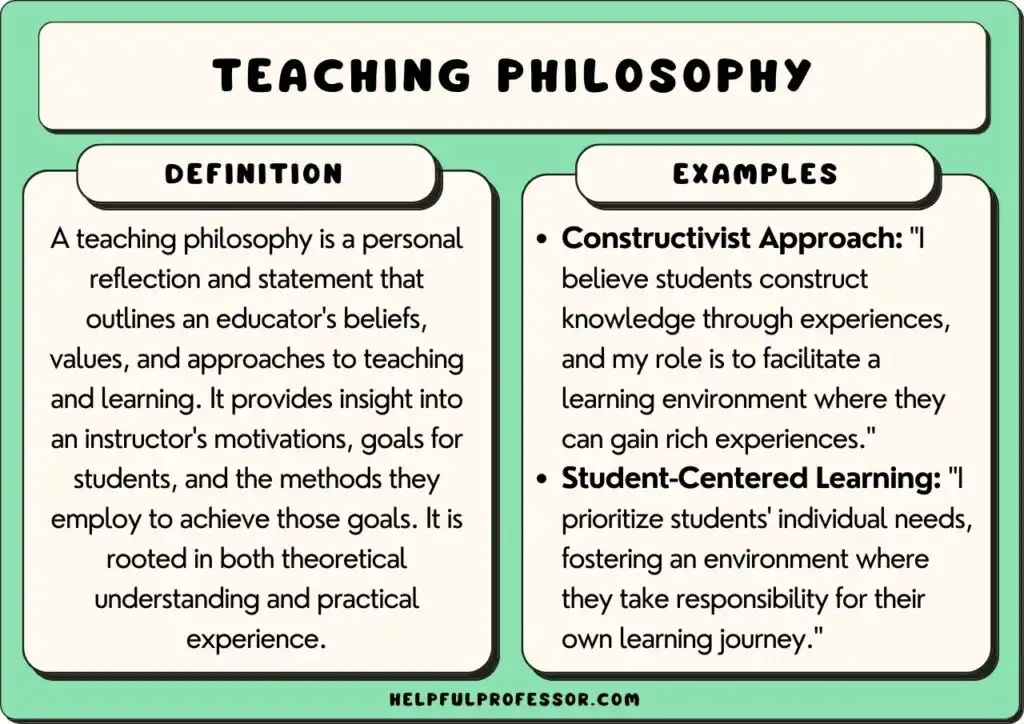
June 1, 2025
What Is Your Philosophy of Education?
Reflect on your philosophy of education, its core values, and how it influences teaching and learning practices. Discover your approach today!



